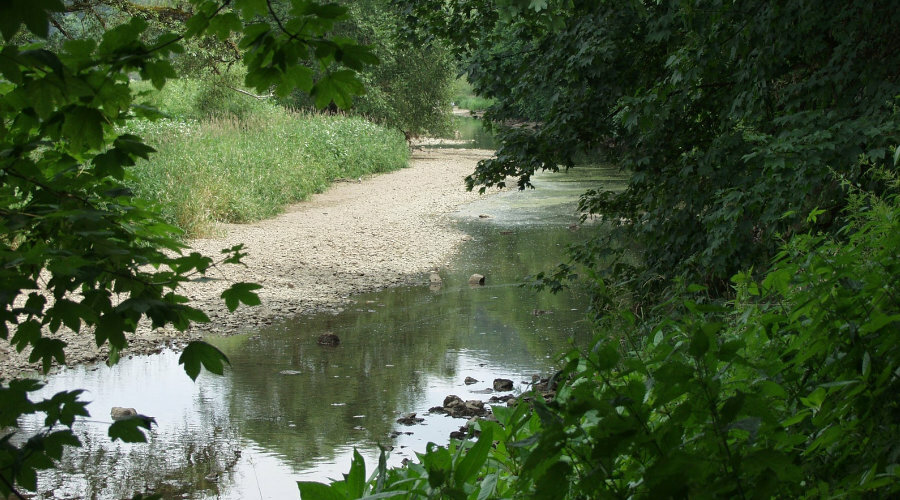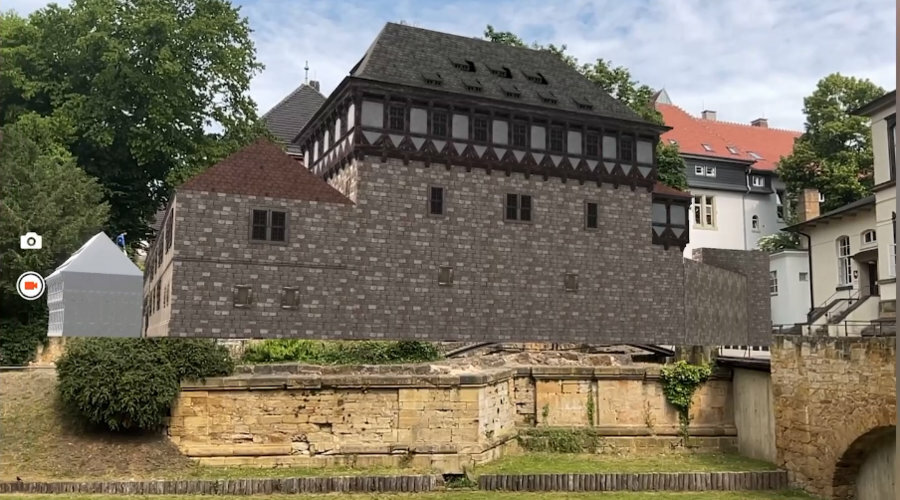Privacy & cookies
 Marc Werner | August 2024
Marc Werner | August 2024
Digital storytelling methods for your destination marketing

In today's digital world, where information is disseminated every second, messages can quickly get lost. Communication is becoming a "scarce resource" - after all, people's processing capacity is notoriously limited. In order to still be recognised by potential guests, destinations have to come up with something. This is where storytelling methods often come into play.
The great strength of storytelling lies in the fact that people love stories. Telling stories can help to reduce complexity, making it easier for people to remember their messages. Storytelling is therefore a tried and tested tool for attracting the increasingly selective attention of the target group. However:
This is mainly due to the fact that the selected examples do not reflect the full range of storytelling applications. In addition to emotional storytelling, where most of the examples are located, there are also three other narrative methods that can be used in the digital sector in particular. In this blog article, we would like to give you an overview of the different storytelling methods as well as various best practices from destination marketing.
Emotional storytelling is based on the story of one or more people. These can also be fictional characters. The aim is to use emotional and authentic stories to create empathy with the target group and appeal to them on a personal level. Especially in tourism, where travel decisions are usually based on emotions and not on hard facts, this narrative method can unfold its full effect. Emotionally charged content also has a higher potential to go viral.
Last year, Switzerland Tourism showed how emotional storytelling can work. The clip "Grand Train Tour of Switzerland: The ride of a lifetime" tells the story of brand ambassador Roger Federer and comedian Trevor Noah on their train journey through Switzerland, during which the two face a number of challenges.
Um YouTube-Videos anzuzeigen, müssen Sie Cookies von YouTube zulassen.
We talk about informative storytelling when data or facts serve as the basis for a story. In this respect, it can also be referred to as "data storytelling". The main aim of informative storytelling is to reduce information overload. Complex narratives should be communicated in an entertaining way. Abstract data is thus given a new guise and made to speak. In the context of destination marketing, for example, historical, cultural or geographical backgrounds to POIs can be shared to deepen understanding and meaning.
Here is an example on our own behalf: In the period from October 2023 to April 2024, TourComm worked with Donaubergland GmbH to develop a web app for the topic of Danube seepage in order to give visitors a holistic understanding of this unique and fascinating phenomenon.

As the name suggests, visual storytelling relies on images or visual worlds. A wide variety of formats can be used here, ranging from simple graphics, animations and live streams to augmented or virtual reality. Visual input is used to lure users into the story and encourage them to interact. Due to the constantly evolving digital presentation possibilities, visual storytelling offers particularly great potential to create an intense experience that will be remembered.
The town of Peine, for example, offers an AR experience at Peine Castle that not only tells the story of the castle, but brings it to life.

Social storytelling is concerned with telling stories that address social or cultural issues, for example. The aim is to create greater awareness of these issues in society. Social media in particular has become a space for discussion in recent years and offers a platform for public discourse. Companies are increasingly using event-related communication as a strategy to convey their messages in the context of current topics. In tourism, these are often sustainability issues, such as ensuring local/regional value creation or overtourism.
The Wilder Kaiser Tourism Association is a successful example of social storytelling. The #wirzusammen campaign aims to emphasise the importance of sustainable tourism for the quality of life in the region.
Um YouTube-Videos anzuzeigen, müssen Sie Cookies von YouTube zulassen.
The diversity of storytelling shows that it is an extremely flexible and effective tool that can be used for almost any objective. As a destination marketing agency, we specialise in developing tailor-made storytelling strategies that go beyond the largely one-dimensional approach. We know how to use the various storytelling methods correctly and, thanks to our wide range of products, we can develop and convey messages that really resonate with your potential guests and have a lasting effect.
Let us tell your story together!
Contact us with your ideas. Together we will find the right solution!
* Sources:
ULLMANN, L./CLAWIEN, C. (2020): „Erzählt uns was Schönes“ – digitales Storytelling im Content Marketing. In: WESSELMANN, M. (Hrsg.): Content gekonnt, Wiesbaden: Springer Fachmedien, S. 179–194